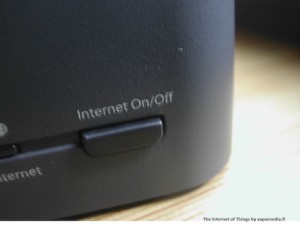A new rulemaking process initiated by FCC Chairman Ajit Pai is proposing to reclassify broadband internet under Title I of the Communications Act as an information service under “light touch” regulation from the agency. This would undo the 2015 Open Internet Order established under former FCC Chairman Tom Wheeler which classified broadband internet as a telecommunications service to be regulated by the agency as a public utility, much like telephone service.
Net neutrality is the principle that the internet should be an open and fair playing field for all content creators, including artists, and should be easily accessible by all. As such, Internet Service Providers (ISPs) should be prevented from blocking, throttling, or otherwise inhibiting users’ access to legal content, and creating paid prioritization or “fast lanes” where users or content providers must pay more for faster service. They should also protect copyrighted content and users’ privacy.
Chairman Pai’s rulemaking proposes to challenge the legal authority of the 2015 Open Internet order--Title II of the Communications Act--and not the principles of net neutrality itself. Some arguments against this idea say that the FCC has tried to uphold net neutrality rules under several parts of the Communications Act, but has only been successful under Title II; taking away this legal authority would jeopardize the rules’ existence. Per Chairman Pai, the rulemaking would “end the utility-style regulatory approach that gives government control of the Internet...restore the market-based policies necessary to preserve the future of Internet Freedom, and reverse the decline in infrastructure investment, innovation, and options for consumers put into motion by the FCC in 2015.”
The rulemaking process also poses many questions about the necessity of the 2015 Open Internet rules--such as “no blocking”--on which the public is invited to comment through July 17. The FCC is discussing this rulemaking proposal at its May 18 open meeting which the public can attend in person or watch online here.
You can read the complete rulemaking document here.


